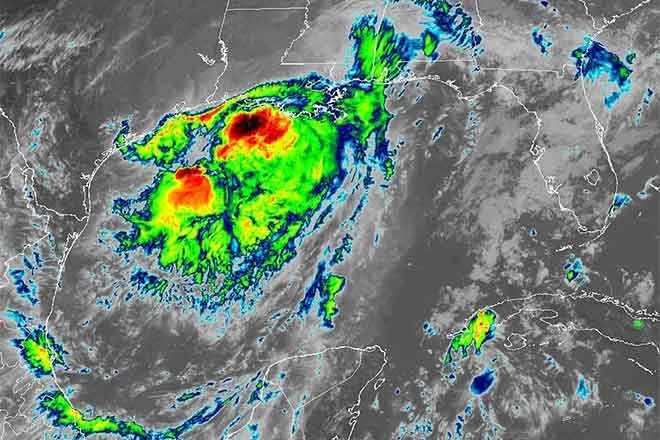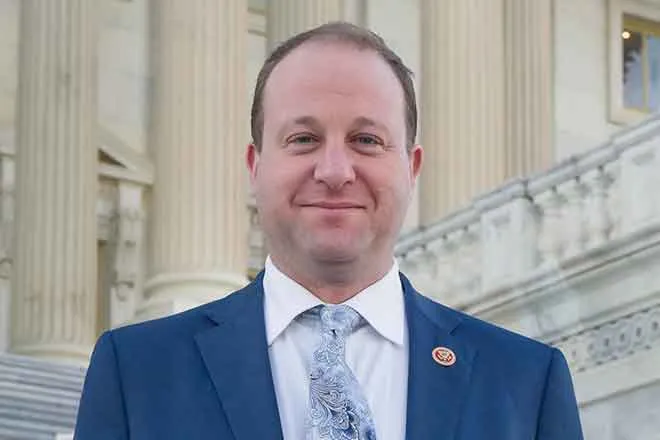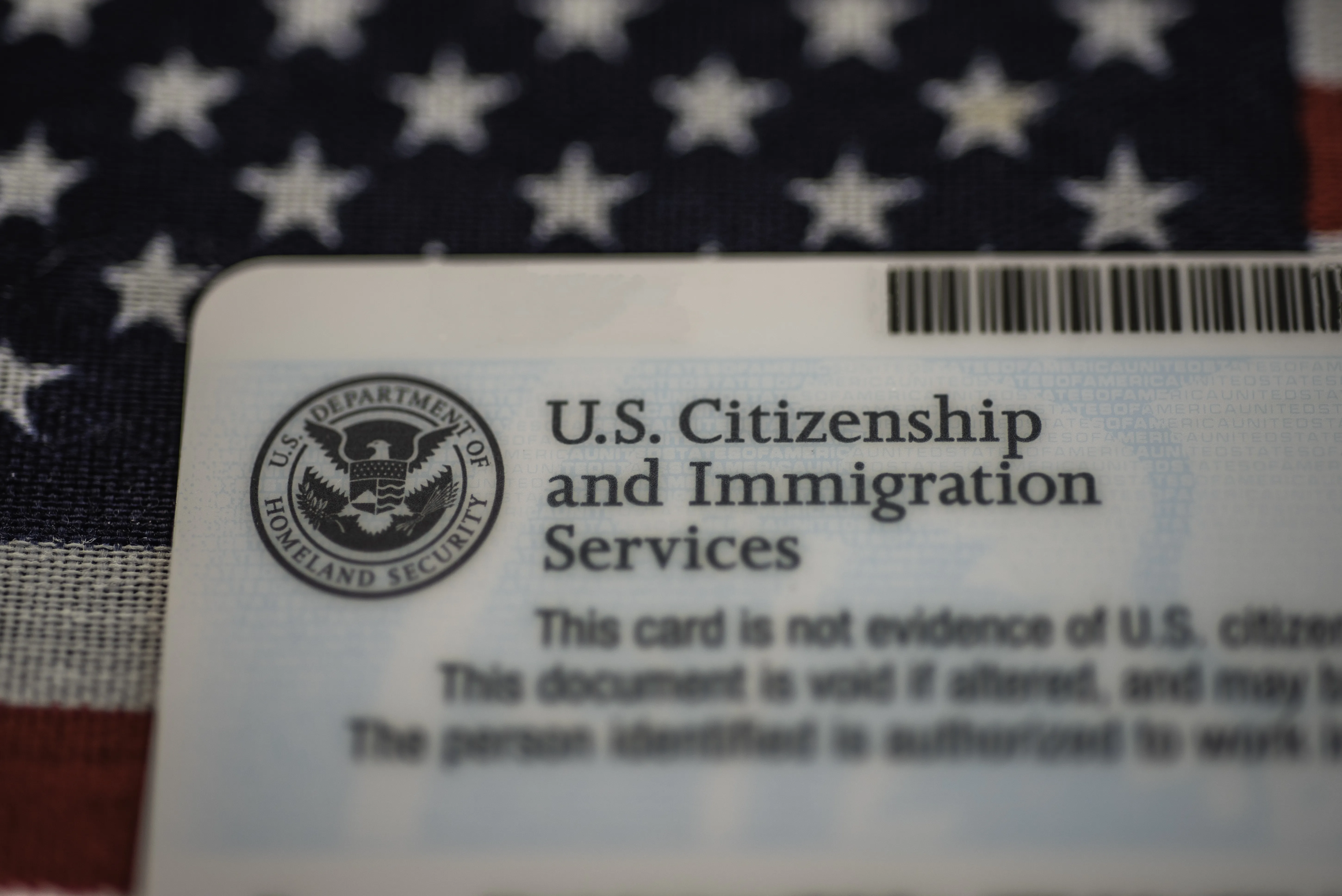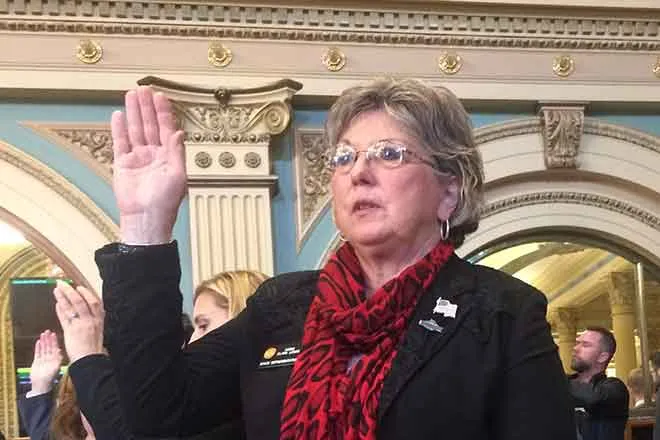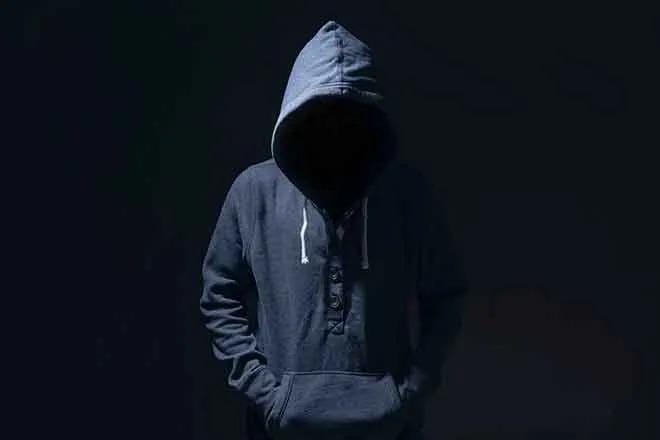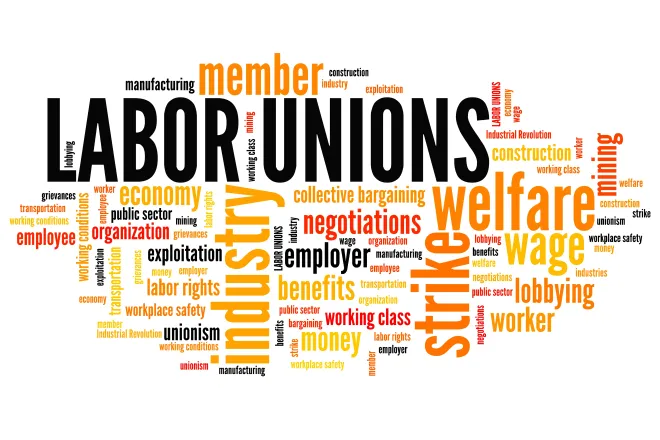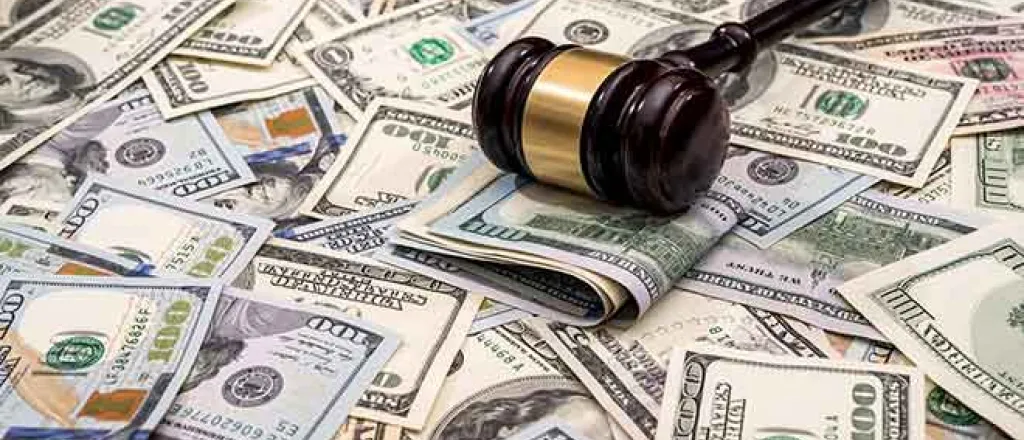
Watchdog finds 3.7 million potentially fraudulent pandemic relief recipients
(The Center Square) – A Congressional watchdog found more than 1 out of every 4 people who applied for pandemic relief through two Small Business Administration programs had potentially fraudulent discrepancies in their applications.
The most recent analyses from the U.S. Government Accountability Office underscore previous reports of widespread fraud in both the Small Business Administration's Paycheck Protection Program and the COVID-19 Economic Injury Disaster Loan program.
The Government Accountability Office's analysis of PPP and COVID-19 EIDL data identified more than 3.7 million out of 13.4 million total unique recipients with discrepancies associated with potential fraud, according to the agency's most recent report. While all 3.7 million have been sent to the Small Business Administration's Office of Inspector General for additional review, the indicators found in the report are not proof of fraud, but "serve as warning signs suggesting a potential for fraudulent activity," according to the report.
Of the 3.7 million unique recipients, about 2.2 million claimed to have employees, but did not submit data to the National Directory of New Hires, which is run by the U.S. Department of Health and Human Services' Office of Child Support Enforcement. Employers must report new hires to the State Directory of New Hires and their employees’ quarterly wages to the state workforce agency. Those agencies must report the information to the National Directory of New Hires. However, the Small Business Administration does not have access to the National Directory of New Hires, according to the report. The National Directory of New Hires was designed to help states locate parents and enforce child support orders.
The Government Accountability Office also found that some lenders had higher numbers of potentially fraudulent loans than would otherwise be expected.
"Certain lenders originated a disproportionate share of fraudulent and potentially fraudulent loans," according to the report.
"Our analysis identified a small number of lenders that issued a disproportionate share of loans with a Department of Justice fraud case. We found that five lenders (including both bank and nonbank lenders) issued about 34 percent of all loans associated with at least one fraud case," according to the report. "In contrast, these five lenders had issued about 14 percent of all PPP loans."
The lenders were not named in the report.
Of about 5,500 lenders that participated in the Paycheck Protection Program "95.5 percent of lenders did not have a loan associated with a fraud case," according to the report.
The Government Accountability Office recommended the Small Business Administration make sure it identifies and uses external data sources that could help detect and prevent fraud.
The Pandemic Response Accountability Committee previously identified 69,323 questionable Social Security numbers used to obtain $5.4 billion from the Small Business Administration’s COVID-19 Economic Injury Disaster Loan program and Paycheck Protection Program. The programs provided nearly $1.2 trillion in assistance.
Just how much of that went to fraud remains unclear, Comptroller General of the United States Gene Dodaro told lawmakers in February.
"There are definitely indications of widespread fraud," he said when asked about the total amount of fraud. "But it's impossible to estimate the full extent right now."


